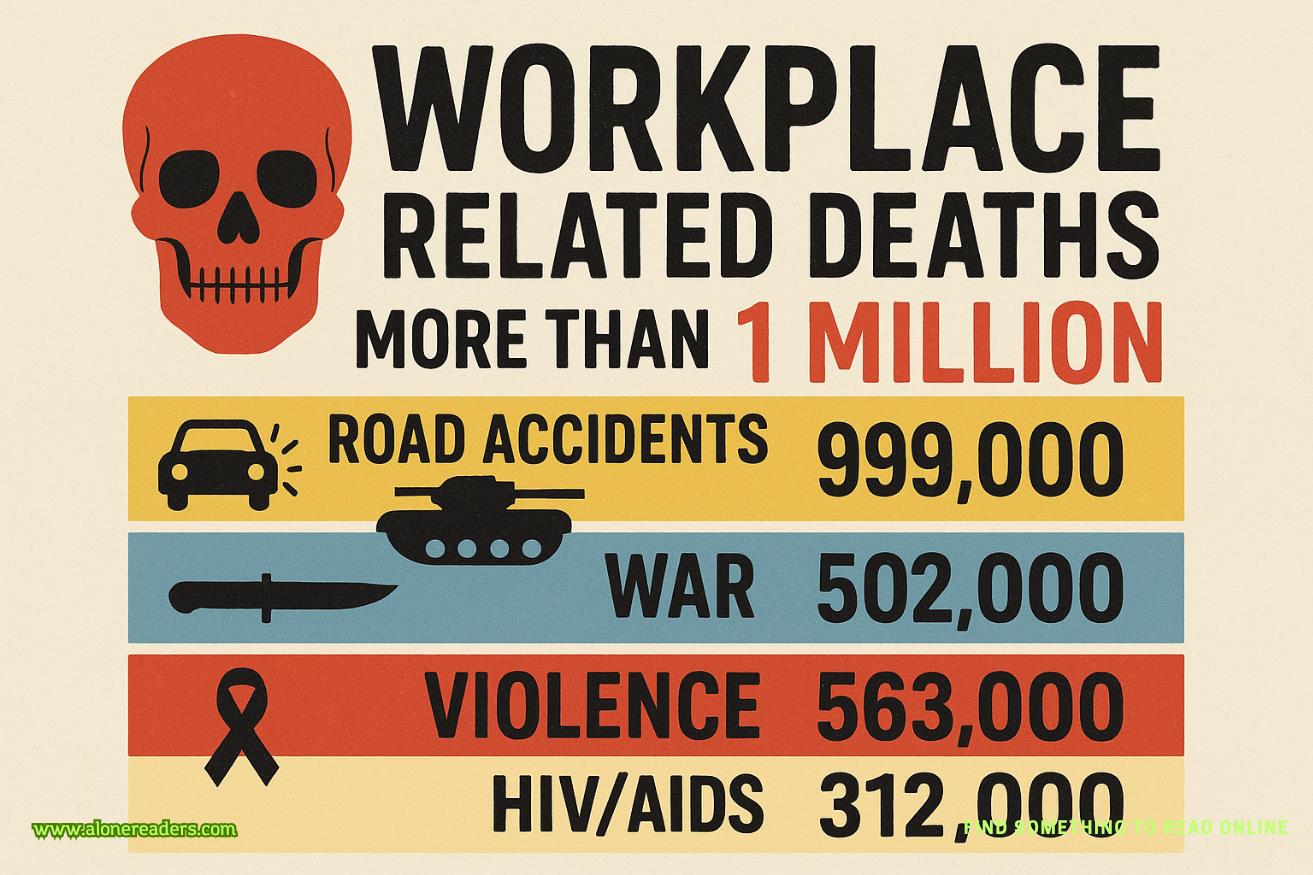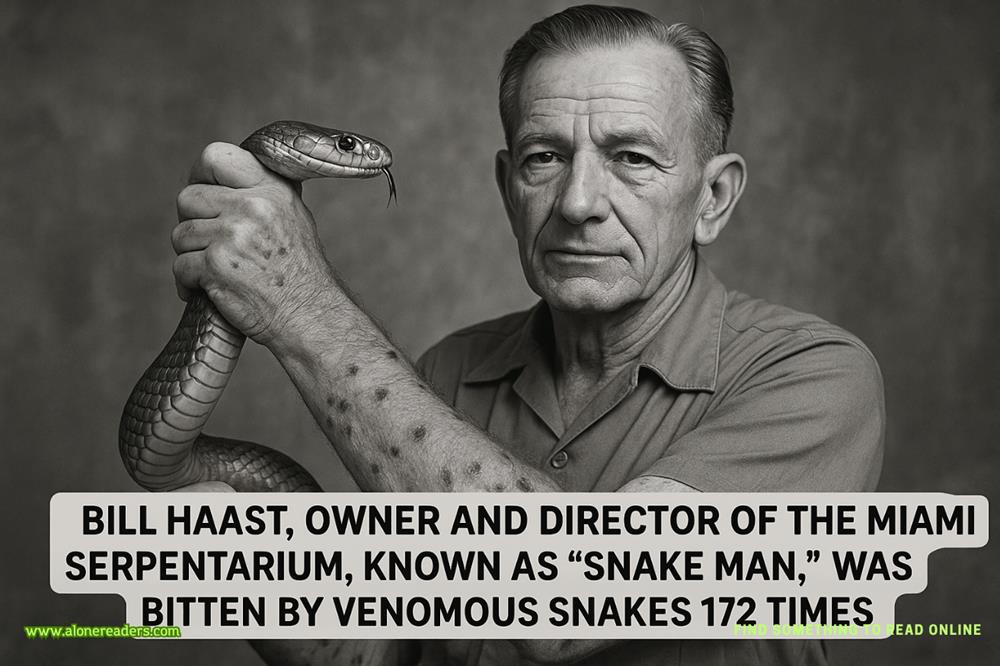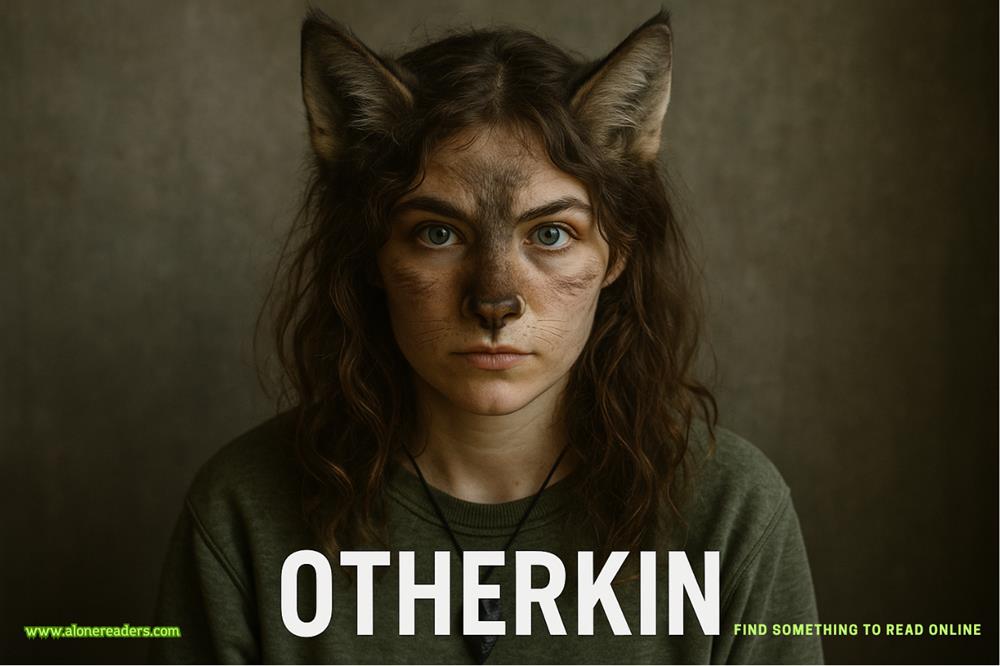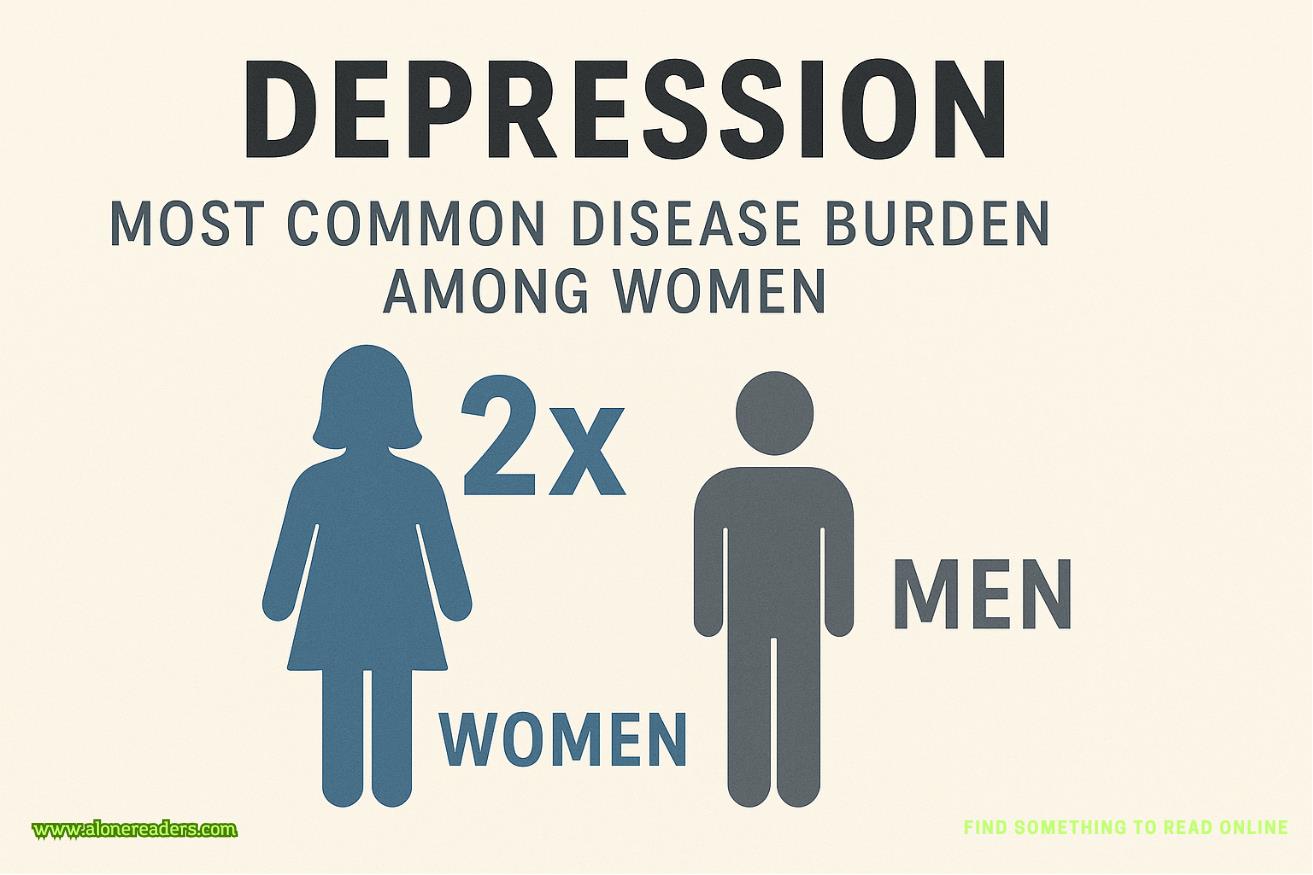13
JASMINE
The drive to the Raiders’hideout is mostly silent, minus the low twang of country music leaking from Landon’s speakers, as he hums along under his breath.
Outside, the road grows darker with every passing mile. The trees get thicker, wilder. Civilization fades behind us like a bad dream. At some point, the pavement gives way to gravel, and then the gravel dissolves into dirt. We climb deeper into the woods, the tires crunching over dried leaves and scattered branches. My fingers tighten on the edge of Landon’s jacket, pulling it closer around me like armor.
For a while, I’m convinced we’re lost.
Until he makes a sharp turn—one I never would’ve noticed on my own—and we slip off the main path onto a narrow trail, barely wide enough for the car. The woods press in on both sides like the trees are watching us, judging us for trespassing.
And then the hidden road opens up into a wide clearing, and at the center of it stands the largest cabin I’ve ever seen. Exceptcalling it a cabin feels wrong. This isn’t some rustic getaway. It’s a fortress.
Built from blackened timber and stone, it stretches wide and tall. The windows are tinted or covered altogether. Massive flood lights hang from the eaves, casting sharp beams into the clearing. Motorcycles line the front like a row of metallic teeth—chrome gleaming in the moonlight, leather saddlebags stamped with the Raiders’ insignia: a coiled serpent strangling a set of wings.
The air smells like gasoline and pine. Like smoke and steel.
Men are already outside—leaning against bikes, lighting cigarettes, tossing knives into a wooden target hammered into a tree. They don’t smile when they see us. They just watch.
Landon pulls the car to a slow stop, drumming his fingers on the steering wheel once before killing the engine. He looks at me.
“Any snarky, rude or minorly sassy thing you want to say,” Landon whispers. “Say it now, or forever hold your peace.”
I glance at him, brows raised. “Are you saying I can’t speak freely inside?”
“I’m saying,” he murmurs, eyes locked on the cabin ahead, “that these people don’t handle attitude the way I do. You mouth off to the wrong guy, and suddenly I’m cracking skulls in front of a charcuterie board.”
“There’s a charcuterie board?”
“There’sprobably nota charcuterie board, but if there is. Don’t touch it.”
I roll my eyes. “So no attitude, no meat and cheese. Got it.”
Landon’s lips twitch like he wants to smile, but he doesn’t. He just exhales, slow and controlled. “Are you done?”
“I’m neverdone,but since you asked so nicely,” I smile, leaning against the headrest. “I will only speak when spoken to, like this is the 1950s.”
“Thank you for listening to the rules of this courtship,” he mocks, unbuckling his seatbelt.
I scoff, but I follow suit, only stepping out when he’s nodded to himself a couple times like he’s trying to convincehimselfit’ll be fine.
It won’t be.
The second my boots crunch on the dirt, the energy shifts. It’s subtle—just enough to raise the hairs on my arms. Every man outside pauses, stares. Not a single smile. No warm welcome. Just long, lingering looks that feel more like threat assessments than introductions.
Landon rounds the car and comes to my side, his stride calm but focused. He doesn’t touch me, but he angles his body ever so slightly between me and the men, like he’s already prepared to block the first one who steps too close.
We pass the line of bikes, engines still ticking from heat. There’s a smell in the air—leather, smoke, motor oil, and something sour underneath it, like sweat and spilled beer left to rot.
The porch creaks under our weight as we climb the steps. The wood is old, stained dark, maybe from varnish—or maybe not.
The door opens before either of us knocks.
A man I assume is Marcus stands there like he’s been waiting for this moment, like heenjoysit. He’s leaning against the doorframe, arms crossed over his chest in that casual way men use when they want you to know they’re dangerous without doing a damn thing. He’s dressed in all black—tight tank top, worn biker gloves, silver chains glinting at his throat—and when his brown eyes flick over me, slow and lingering, I feel it in my spine.
Then he smiles. Not the kind that’s warm or amused, but the kind that stretches too wide, too practiced, like it’s been carved into his face over years of getting exactly what he wants. And something about that smile—about the arrogant tilt of his chin, the lazy way he shifts his weight, the heat in his stare—makes bile rise in my throat.
Because it’s familiar.Toofamiliar.















